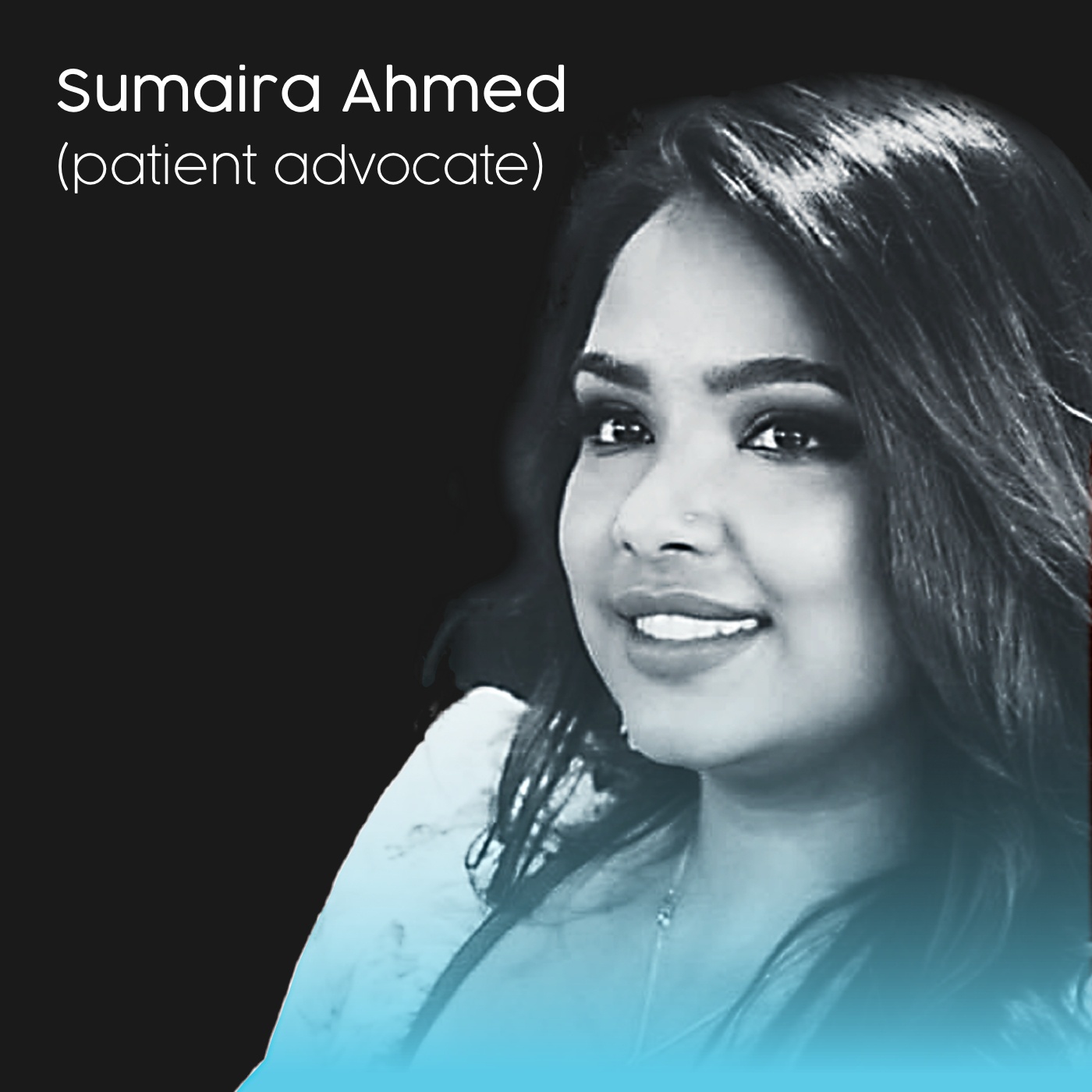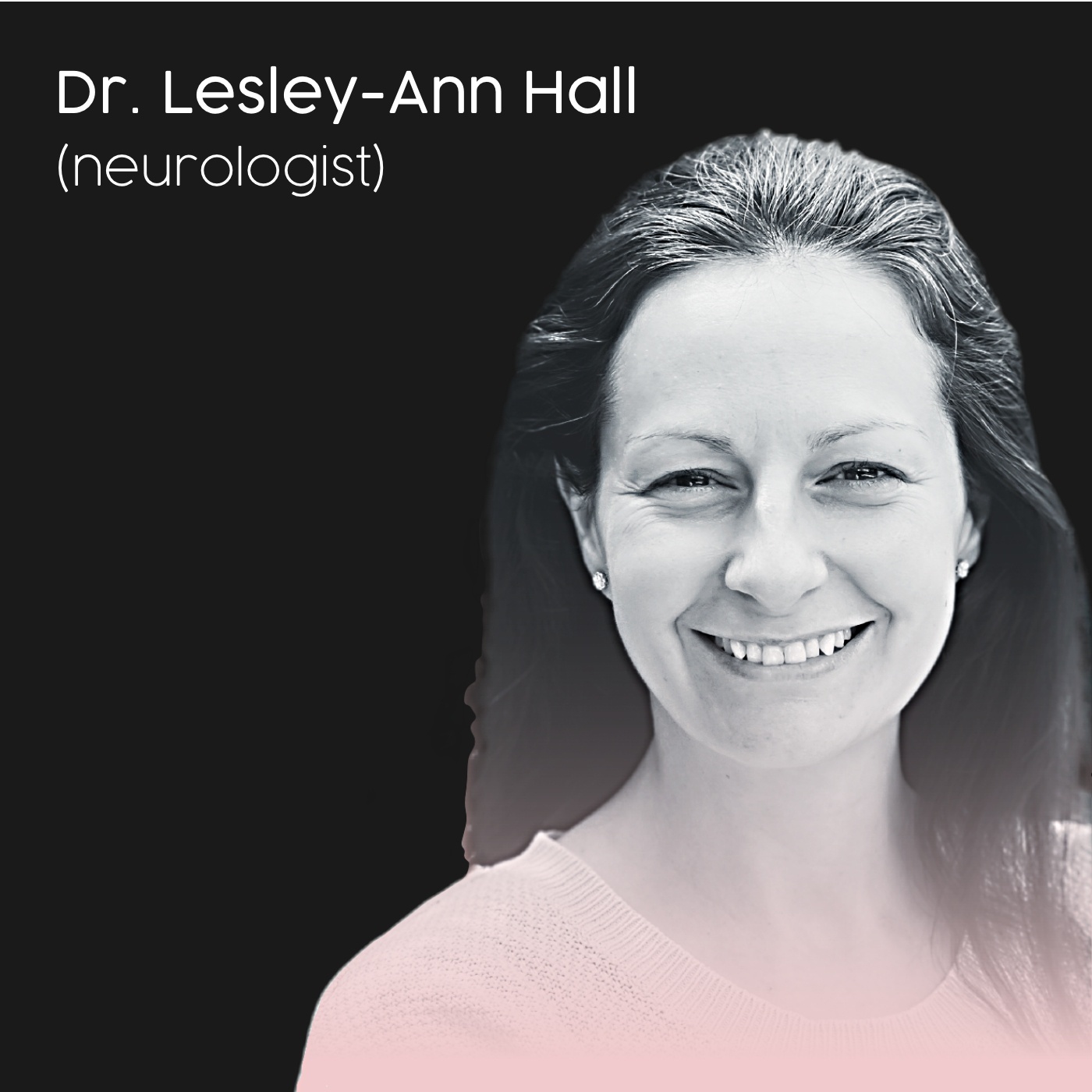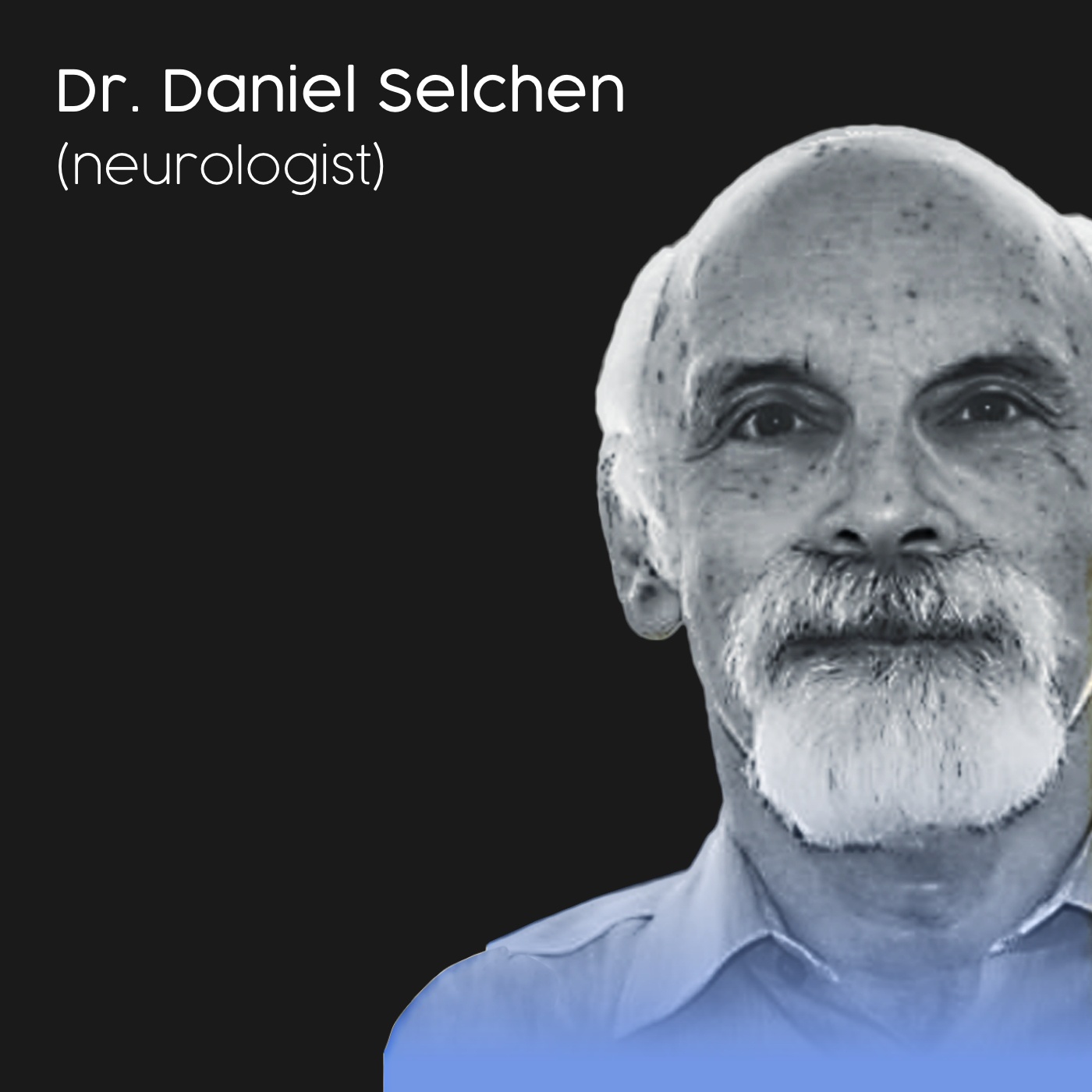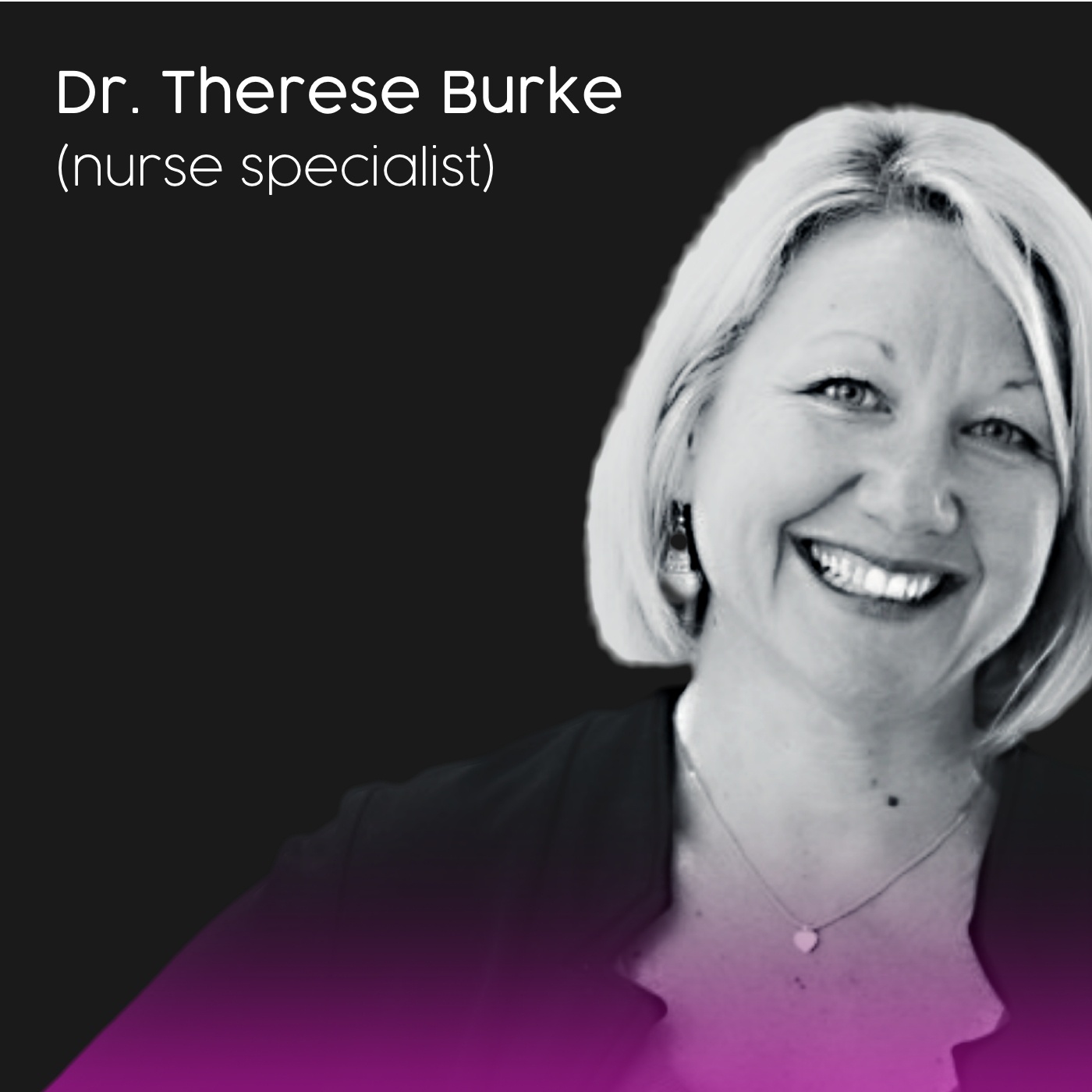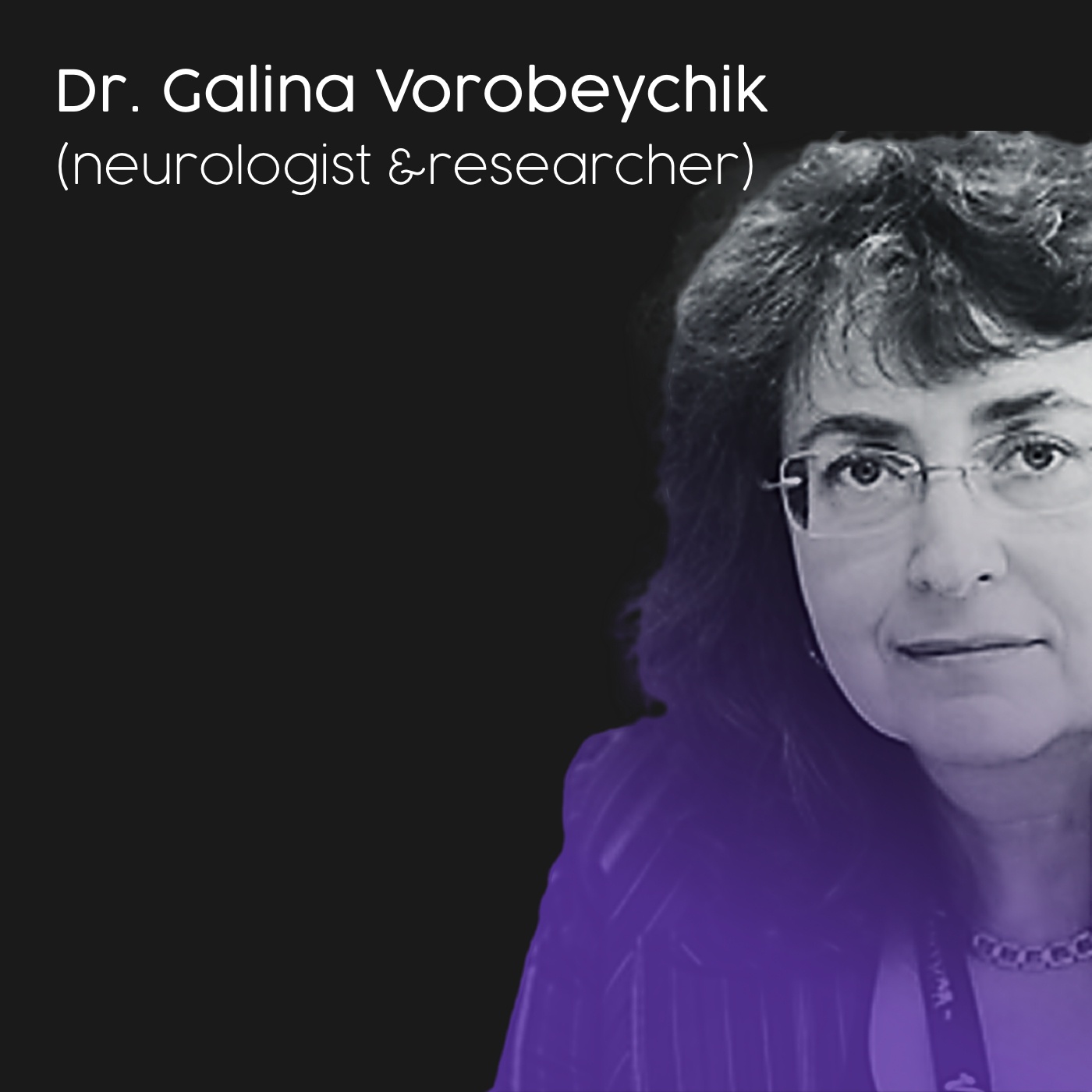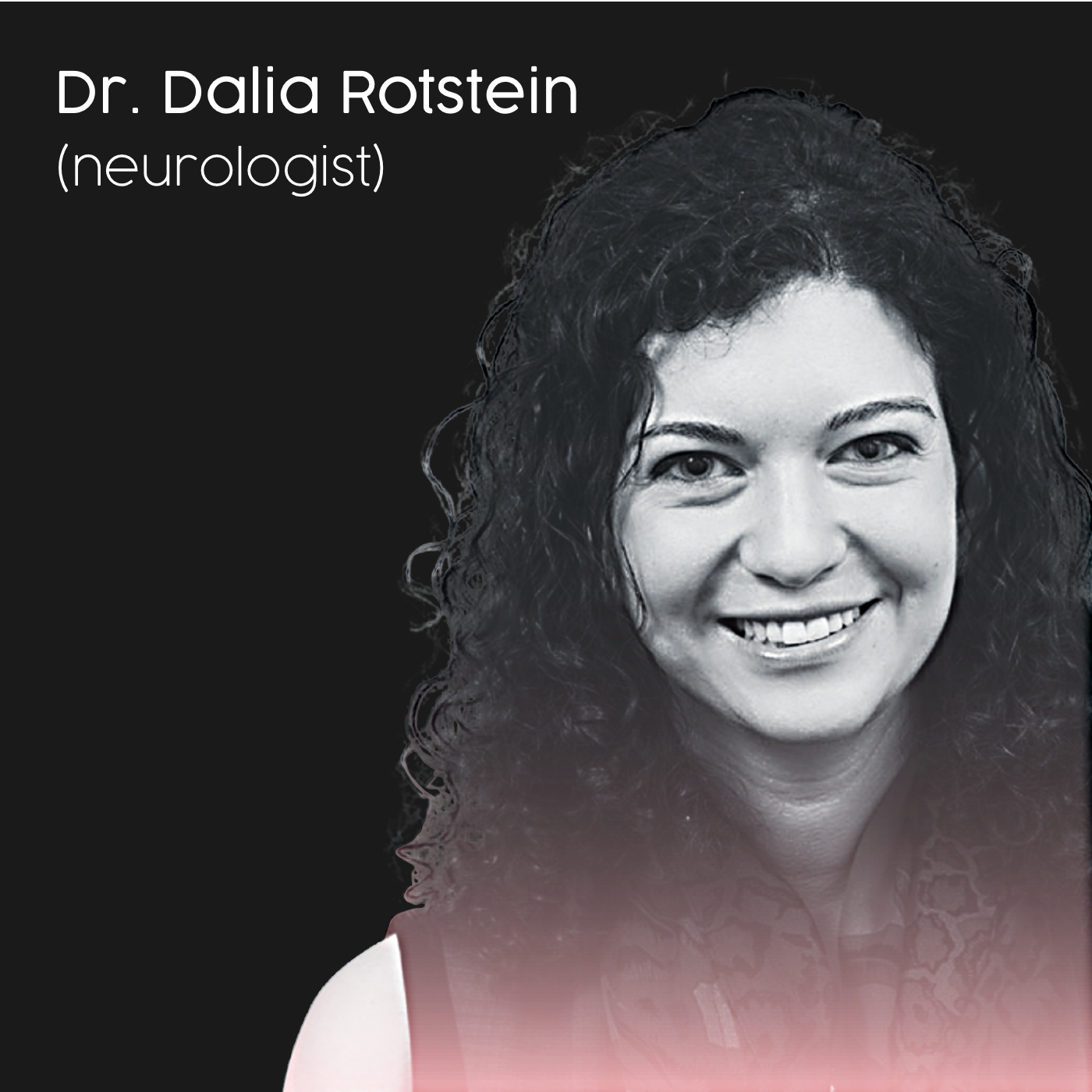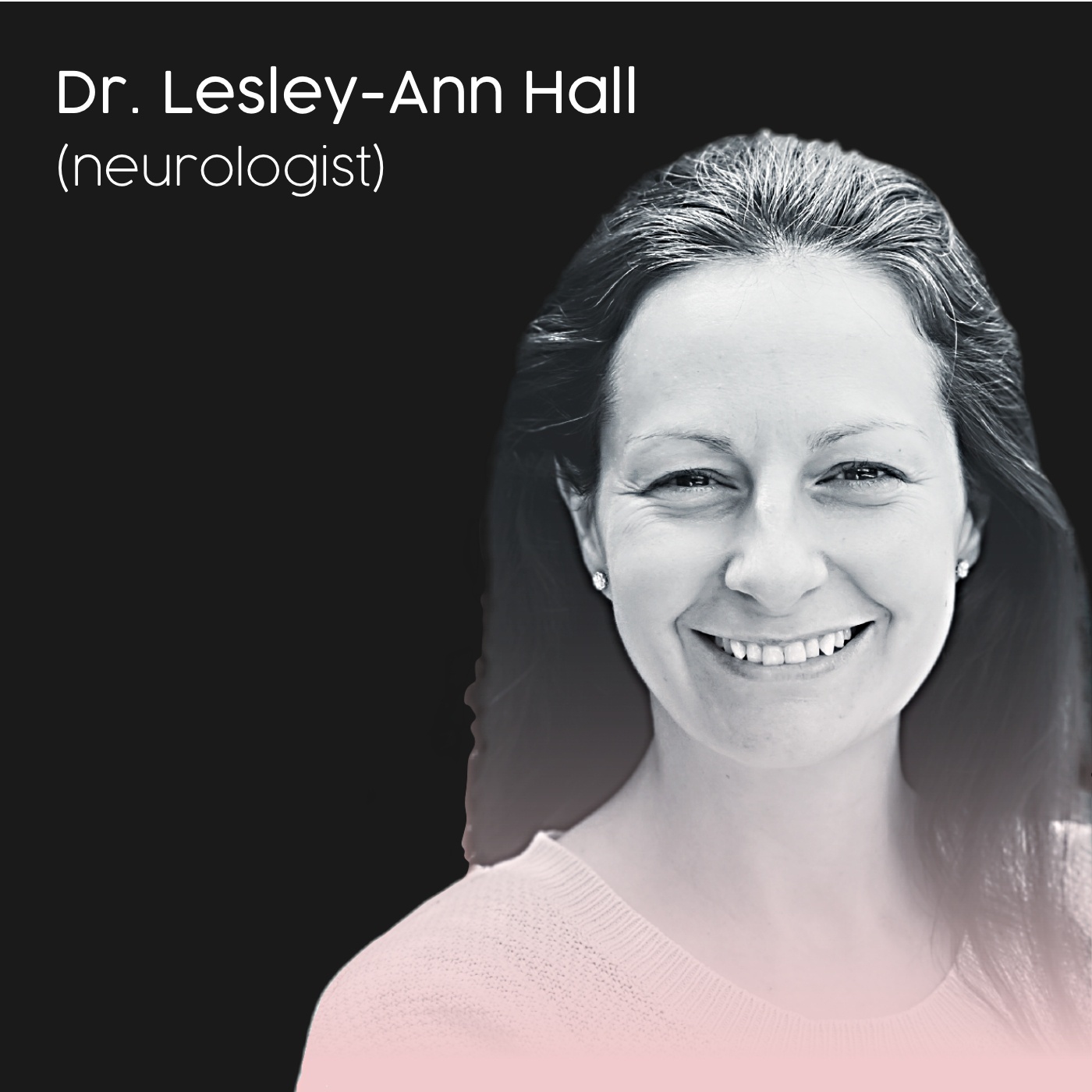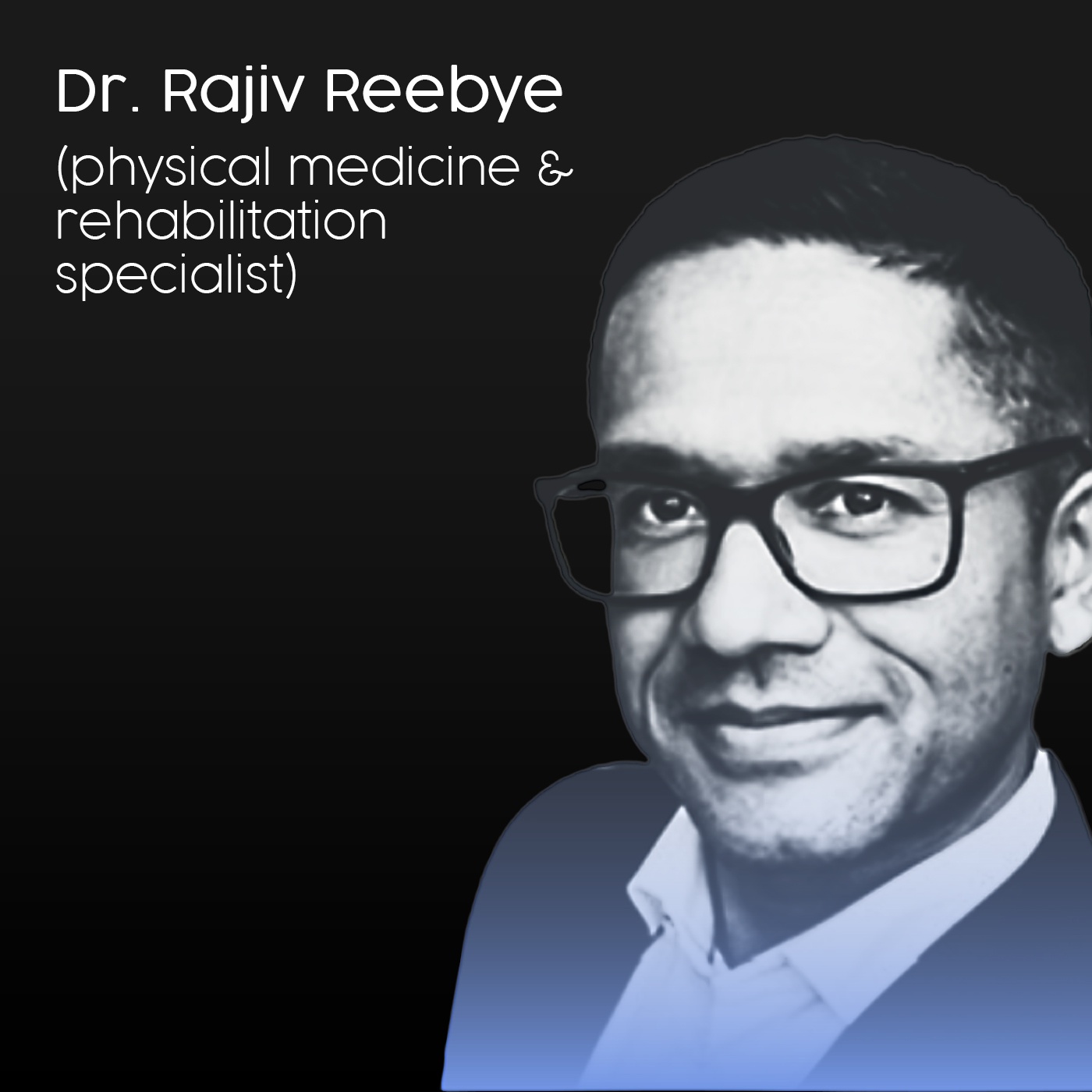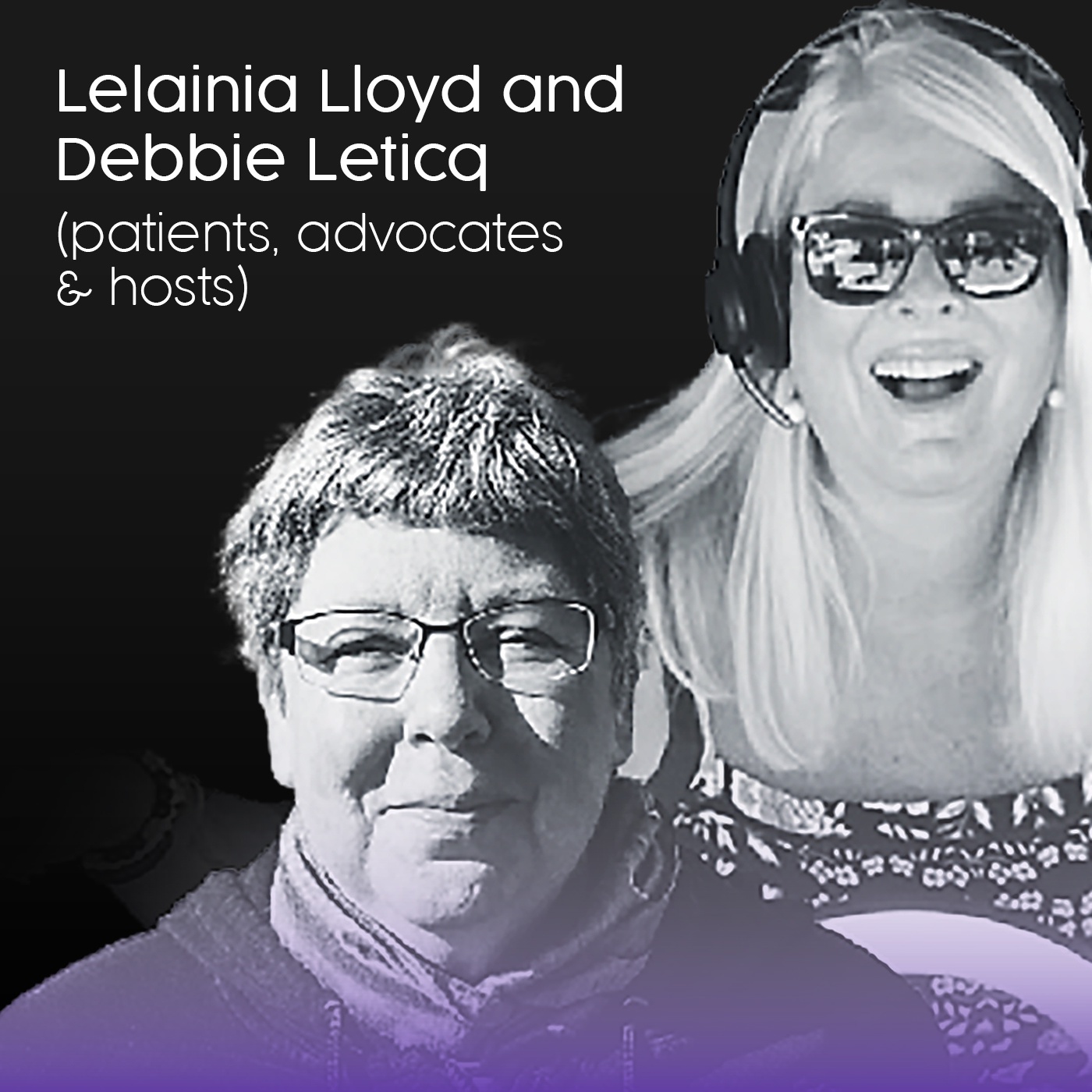
1. Meet your hosts (Lelainia Lloyd & Debbie Leticq)
In our first episode, we welcome our hosts of the NMOSD Your Way Global podcast series Lelainia Lloyd and Debbie Leticq.
The development of this podcast was sponsored by Alexion Pharmaceuticals, Inc. The viewpoints expressed are those of the persons speaking and not of Alexion. If you have any questions regarding diagnosis or treatment please speak to your healthcare professional. This podcast was made possible with support from Alexion, AstraZeneca Rare Disease. © 2023, Alexion Pharmaceuticals, Inc. All rights reserved.
